|
I am happy to be back at work on my upcoming book after a one-week holiday in Montréal, though less thrilled to be analysing more Bond films. The latest was The Spy Who Loved Me (1977, US$185.4 million at the worldwide box office) starring Roger Moore. True to the mind-numbing Bond formula it contains sexual innuendo (e.g. when M says Miss Moneypenny about his employee, Bond, who is away on a mission: "Well tell him to pull out immediately!" followed by a shot of Bond lying naked on top of a woman), tons of praise for Bond (e.g. a woman who has just had sex with him sighs, "Oh, James, I cannot find the words") and women portrayed as men's property and existing solely for men's entertainment. This portrayal of women, as men's possessions, is systematic included in Bond films and I am used to it but that does not make it any less demoralizing--especially when you consider the reach and influence of this franchise.
Here are two examples among the bucketful for this type of portrayal of women (just in The Spy Who Loved Me): a man claps his hands to dismiss the scantily clad women lying around his room then claps again to make another appear. He says to Bond, "Can I persuade you to accept a bed for the night?" Bond is on the verge to declining his offer but when he sees the nearly naked woman who is approaching to kneel by him and hand him a flower he replies, "When one is in Egypt one should delve deeply into its treasures." Later, when Bond arrives at the home of another man, a woman says to him, "Mr. Fekkesh asked me to entertain you while you are waiting." Within minutes she touches his tie and says, "If there's anything you'd like, anything at all..." to which Bond replies, "Well, I had lunch, but I seem to have missed dessert." Then he takes her by the arm and kisses her. All of these seduction scenes closely resemble the preposterous beginnings of old pornographic films. They are nothing more than the slightly less trashy version of scenarios in which, for example, the pizza delivery man is greeted at the door by a woman in lingerie who is dying to get it on with him. Take away the Aston Martins, Rolex watches and tuxedos and what are you left with? A clearer vision of what these movies are (i.e. soft-core pornography). © 2017 Alline Cormier #JamesBond #RogerMoore #TheSpyWhoLovedMe
0 Comments
The same thing happened when I analysed two movies from 1986, 9 1/2 Weeks, directed by Adrian Lyne and Blue Velvet, written and directed by David Lynch: they were so disturbing that I had to stop them several times to look out the window at blue skies and clouds and other happy sights. The reason for this is that both these mainstream movies are pornographic. They degrade and demean women and promote violence against women. They also star big name actors, and 9 1/2 Weeks made a lot of money (over $100 million at the worldwide box office). 9 1/2 Weeks starred Kim Basinger and Mickey Rourke. Blue Velvet starred Isabella Rossellini (Joy, 30 Rock) and also featured Dennis Hopper (Speed, Apocalypse Now) and Laura Dern (Jurassic Park, Wild). I'm going to go through my file of analysed movies and see what else came out in 1986. Hopefully I will find something positive in there to make me feel better about 1986, something to wash Blue Velvet and 9 1/2 Weeks out of my eyes. Unfortunately, you can't unsee things and only time makes them fade from memory.
This isn't the first time something written by David Lynch has turned my stomach. Some attention has recently been paid, in the media, to his TV series, Twin Peaks (1990-1991), likely because it is now available on Netflix or being rerun on TV--I'm not sure which. I couldn't watch it when it came out, and it certainly hasn't aged well. I analysed it recently, and it was a chore to watch. I read in a New York Times article[1] from 2012 that when 9 1/2 Weeks came out it was previewed by 1000 people in the United States. All but 40 walked out before the end, and of the 40 who filled out cards about it 35 said they hated it. It did very poorly in the U.S. but spectacularly internationally. As is the case for all movies that promote sadomasochism and the debasement of women I hated it. Blue Velvet is detestable for similar reasons. I checked my files. Aliens, Stand By Me, Ferris Bueller's Day Off, Pretty in Pink, Labyrinth and Karate Kid II all came out in 1986, so some filmmakers were making something worth watching that year. [1] New York Times, Zalman King, creator of soft-core films, dies at 70, Feb. 8, 2012, Douglas Martin © 2017 Alline Cormier The insipid repetitiveness of the Bond films is starting to get to me: both Thunderball (1965, US$141.2 million at the worldwide box office) and You Only Live Twice (1967, US$111.6 million at the worldwide box office) end with Sean Connery entwined with a woman in a raft that is floating out in the middle of some body of water. The variations are slight (e.g. in Thunderball Bond and Domino are in the Atlantic and in You Only Live Twice Bond and Kissy are in the Pacific). What was the point of bringing in Roald Dahl to write the screenplay for You Only Live Twice?
© 2017 Alline Cormier #Thunderball #YouOnlyLiveTwice #JamesBond #RoaldDahl Lately I have started analysing James Bond films. The first one I tackled was Goldfinger (1964, US$124.9 million at the worldwide box office), then Thunderball (1965, US$141.2 million at the worldwide box office). Next I will analyse the other Bond movies starring Sean Connery: Dr. No (1962), From Russia With Love (1963) and You Only Live Twice (1967). The more movies I see from the 1960s the more I think this is when the objectification of women really hit full swing. In Goldfinger the female lead is named Pussy Galore (played by Honor Blackman), and in one scene her employer, Goldfinger, says to her, "Please entertain Mr. Bond for me, Pussy." This request, made of Blackman, appears to be the main one filmmakers--the vast majority of which are men--make of all actresses for their intended male audiences, although typically somewhat more subtly than in Goldfinger.
© 2017 Alline Cormier #JamesBond #Goldfinger |
Categories |

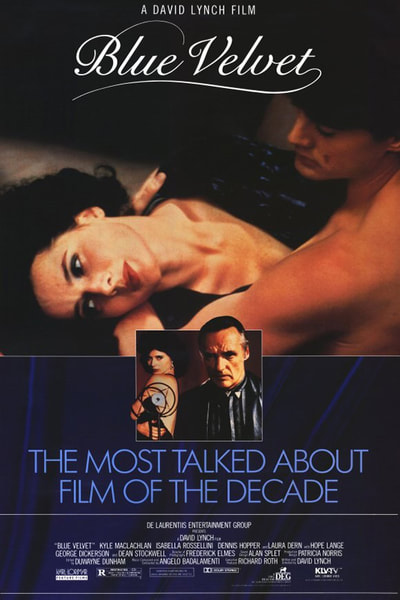
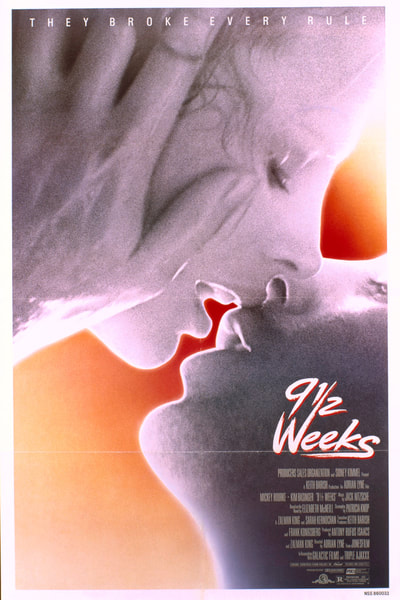

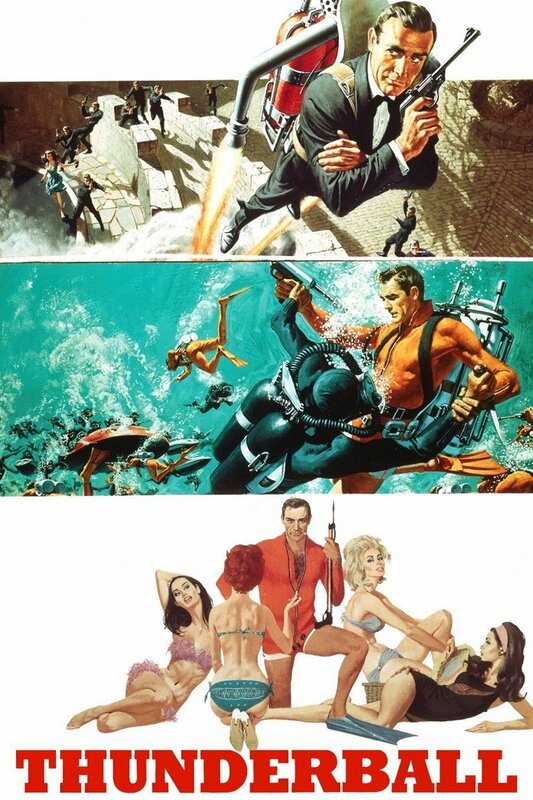
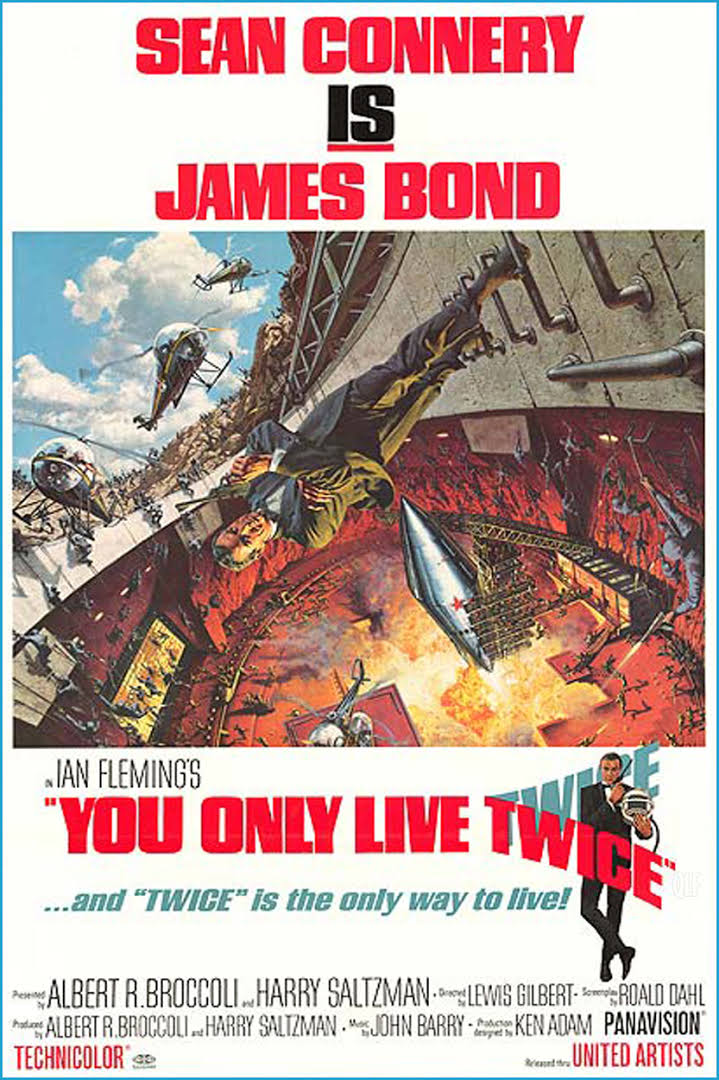
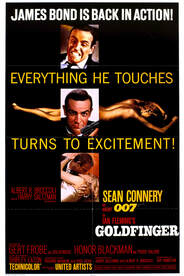

 RSS Feed
RSS Feed